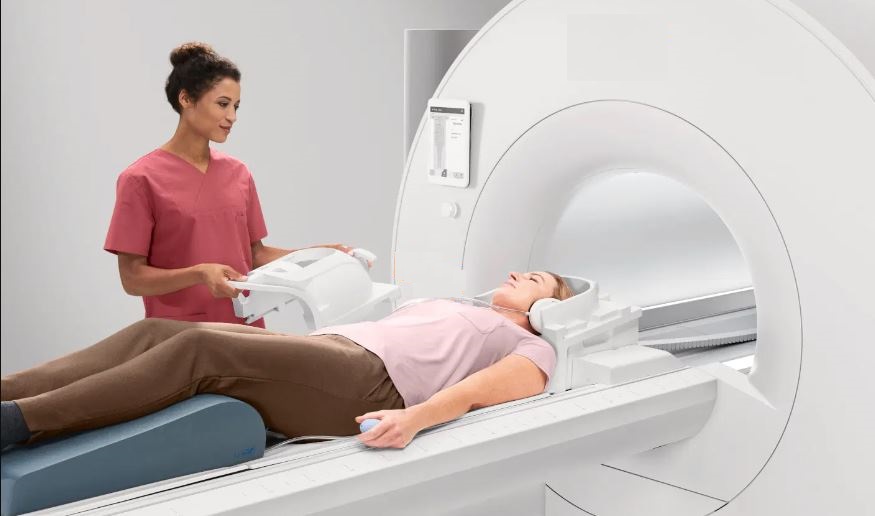1 January, 2025
Over the past few years, CNC precision machining has become an increasingly popular option for many industries to develop high-quality custom parts that meet detailed requirements. With parts required to meet tight tolerance requirements, precision is vital for different applications. Generally, it involves using computer programs to develop custom parts that meet exact specifications. It includes several materials and techniques.
Do you want to know about it? If yes, this article explores its process, various machines used, their applications, and their advantages.
CNC precision machining is the process of creating components by cutting out and shaping raw materials. This specific machining process helps manufacture the parts using computer-controlled machine tools.
On the other hand, CNC precision machining refers to the process of shaping raw materials/workpieces to meet specific and exact dimensions. This specific machining process involves using blueprints from Computer-aided Design (CAD) and Computer-aided Manufacturer (CAM) designs.
The CNC precision machining process incorporates various materials and techniques to deliver quality parts. Each of these materials or techniques utilizes different machine equipment for better results. Most precision machining processes involve a single CNC machine, whilst others involve multiple machines.
Here are the most common types of precision CNC machine tools.
CNC milling machines are characterized based on their ability to reshape stationary new materials by using a rotating cutting tool. These are often used in manufacturing industries such as aerospace, automobiles, shipping, and oil drilling/pumping. These are especially suited for milling profiles, surface contours, cavities, and die-cutting operations where two or three axes of the milling table must be handled simultaneously.
Advertisement :
CNC lathes and turning machines are the most common types of CNC precision machining. With an Outer Diameter and an Inner Diameter, these machines are used for producing precise round shapes. These are perfect for spinning material around a central spindle and a fixed cutting tool.
In addition, CNC turning machines produce external and internal features on components. The external and internal features include bores, broaches, reamed and drilled holes, tapers and threads, tappings, and slots. So, the components you can receive on these machines are bolts, poppets, screws, shafts, etc.
These machines are known for their exceptional accuracy, ensuring each hole meets tight tolerances. Many choose CNC drilling machines to handle various materials and hole types. Typically, drilling is a precision machining process that uses rotating drill bits to create cylindrical holes in materials. The used drill bits are the perfect multi-point that helps keep chips away from workpieces, ensuring advanced hole machining.
Spotting drills, Drill presses, Screw machine drills, Chucking reamers, and Peck drills are the most common examples of drill bits for precision CNC machining.
In today’s manufacturing practice, EDM (Electrical Discharge Machines) has become an increasingly popular, non-traditional, and material removal process. These non-traditional forms of precision machining use electrical sparks to erode material from a workpiece. These machines are considered a non-traditional machining method because they use electrical sparks to erode material from a workpiece.
In short, this is an ideal process for hard metals that are generally difficult to machine.
We are talking about CNC Plasma Cutting Machines here. These machines have become more popular in recent years because they provide high-speed and precision cutting, making them a popular choice for applications in large-scale industries to small hobbyist shops.
CNC plasma cutting machines are commonly utilized to simplify the process of plasma cutting. In this process, an accelerated jet of hot plasma is used to cut through electrically conductive materials. These digital plasma machines can reach temperatures over 50,000 degrees Fahrenheit to cut electrically conductive materials. As a result, these machines can easily melt workpieces and create cuts in the material. They are popular for their high levels of precision and accuracy.
CNC Precision Grinding Machines are the most common types of CNC precision machining. These are machine tools which use a rotating grinding wheel to achieve material removal on a metallic workpiece utilizing cutting. The used grinding wheels are crucial for creating parts with exceptional accuracy. Generally, the used grinders are needed for the final surface finishing.
CNC precision machining is a well-known process for developing custom parts that meet exact specifications using computer programs. The process of CNC precision machining can run on an extensive array of materials. Here are the CNC machining materials that are generally classified.
Many use precision CNC machining to work for several metals. Precision CNC machining works well for a variety of metals by using advanced technologies. Here are the most common metals for CNC precision machining.
Precision CNC machining also works well for several plastics. They use a process that offers quality products at competitive pricing. Some of the plastic CNC machining raw materials are here.
When it comes to the use of CNC precision machining tools, there are many advantages of it. Here, we’ve shared some advantages of it.
Top-Class Machining Techniques
Help to Improve Performance and Reliability
Applications
Great and Reliable Part Quality
Help in Reduce Cycle Times and Lower Labour Costs
In today’s era, many industries now rely on precision CNC machining to produce high-quality custom parts that meet detailed requirements. It involves using computer programs to develop high-quality custom parts that meet extra specifications.
This is just a guide to understanding CNC precision machining. It’s recommended to start an online search to learn more about it.
Source:

5 March, 2025

27 February, 2025

2 January, 2025